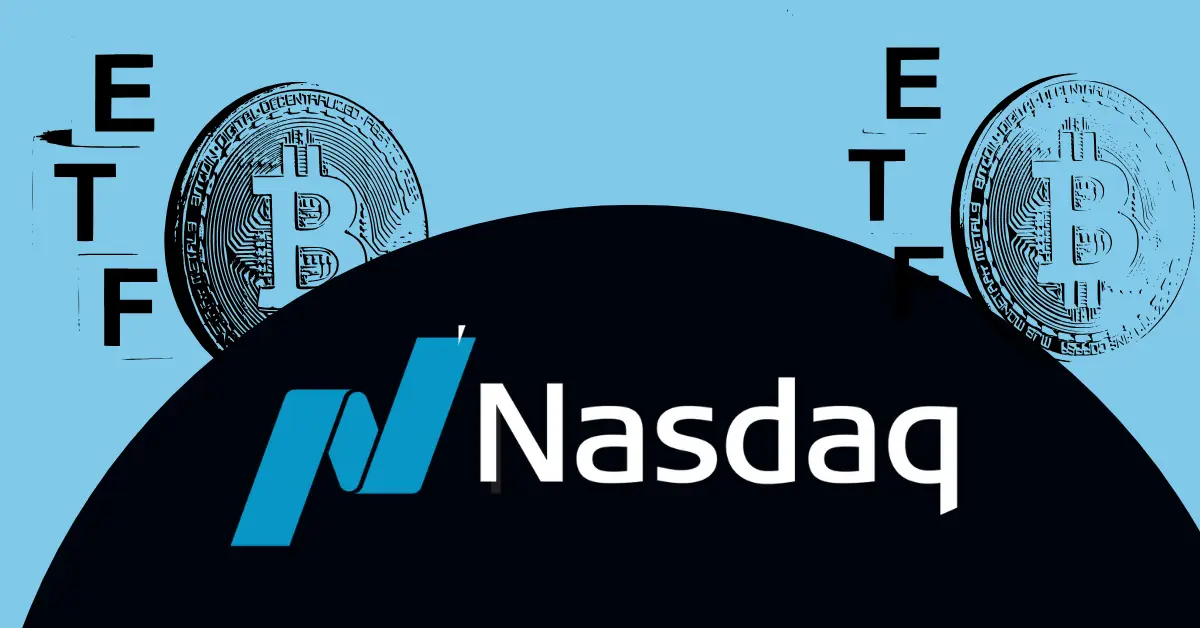
Nasdaq, one of the world’s leading stock exchanges, has made a pivotal move to revolutionize financial markets by embracing blockchain technology. In a recent filing with the U.S. Securities and Exchange Commission (SEC), Nasdaq proposed a rule change that would allow the trading of tokenized securities, including stocks and Exchange-Traded Products (ETPs), on its platform. This forward-thinking approach promises to redefine the way investors and companies engage in the stock market, aiming for safety, efficiency, and innovation.
What Are Tokenized Securities?
Tokenized securities represent traditional asset classes, like stocks, but utilize blockchain technology to digitize ownership rights. This modern form of asset representation allows for increased transparency, quicker transactions, and potentially reduced costs associated with traditional trading systems.
The SEC Filing Details
In its filing, Nasdaq emphasized that trading tokenized securities must occur on regulated markets to ensure compliance with federal securities laws. To achieve this, Nasdaq has requested the SEC to redefine securities regulations, paving the way for tokenized assets to exist alongside traditional shares.
Under the proposals, tokenized stocks would share the same rights and privileges as their non-tokenized counterparts. If they do not, they would be treated as separate assets. Nasdaq also highlighted the importance of clear labeling for tokenized securities to maintain transparency and streamline processing for all market participants.
Why This Matters
This initiative reflects growing recognition within the financial sector of blockchain’s potential to transform traditional systems. Blockchain-based securities offer myriad benefits, such as improved settlement speeds, better security, and cost-efficiency for both investors and institutions.
Nasdaq’s plan to facilitate the trading of tokenized stocks is anticipated to set industry-wide standards, ensuring that digital securities retain the stringent protections of traditional markets. The first tokenized trades on Nasdaq could be launched as early as 2026, signaling a significant shift in market operations.
Caution for European Markets
Nasdaq has also issued warnings about certain European platforms promising tokenized U.S. equities. These platforms often fail to provide investors with genuine ownership rights, such as voting privileges or claims on real assets. Nasdaq’s filing seeks to avoid such pitfalls by prioritizing investor trust and transparency.
Future Implications
As Nasdaq works alongside stakeholders, clients, and regulators to shape the future of tokenized assets, the industry is witnessing significant momentum. Financial heavyweights, including Coinbase and leading banks like Citi and Bank of America, are also exploring tokenization strategies. Furthermore, the SEC has identified tokenized securities as a top priority, reinforcing its commitment to fostering a regulated environment for digital assets.
To stay ahead in the evolving financial landscape, investors should be prepared for the digital transformation of markets. Whether you’re an individual investor or a corporate entity, understanding how blockchain is reshaping securities is crucial.
Recommended Product: Ledger Nano X
For those venturing into digital asset investments, securing your holdings is essential. The Ledger Nano X is a top-tier hardware wallet designed for managing cryptocurrency and tokenized assets safely and efficiently. Learn more about the product here.
Nasdaq’s groundbreaking move underscores that blockchain is not just a buzzword; it is a significant driver of innovation in financial markets. Stay informed and prepared as the future of investing unfolds.





